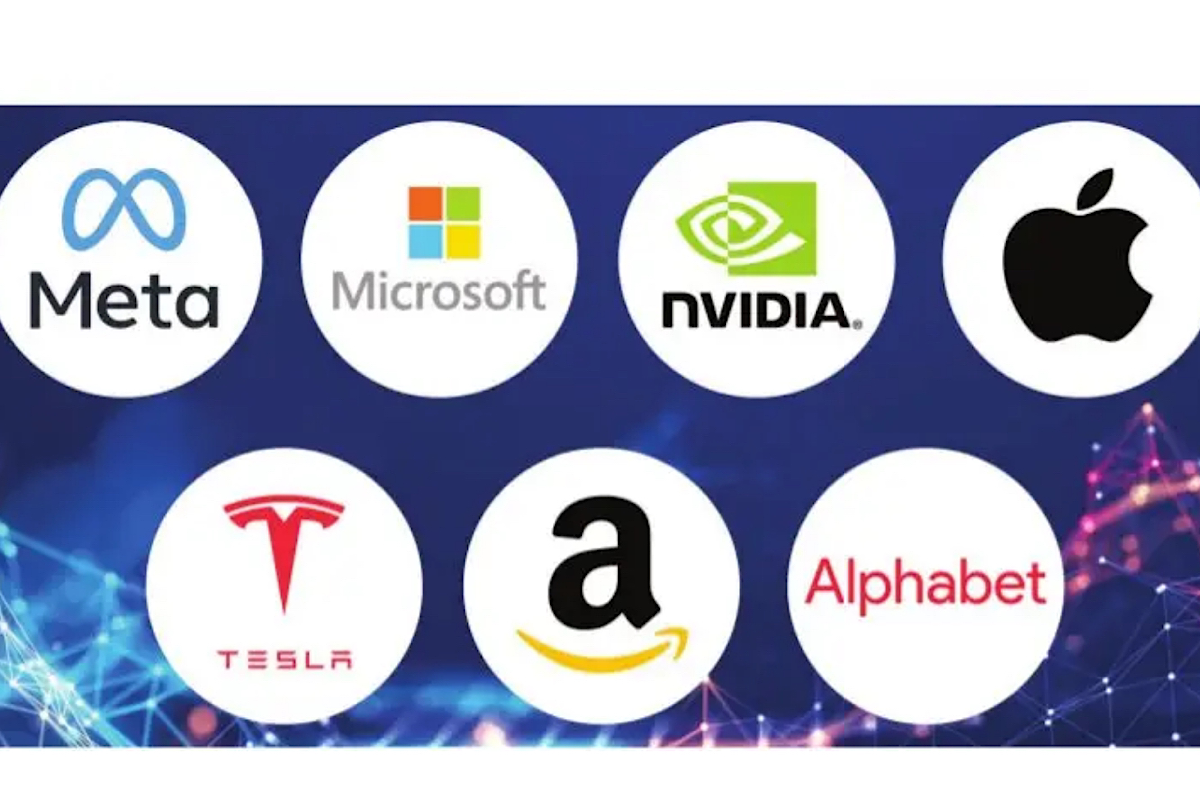The Kennedy-era guru on capitalism, John Kenneth Galbraith, presciently proclaimed in the “New Industrial State” (1967) that “the imperatives of technology and organization, not the images of ideology, are what determine the shape of economic society”. The cacophony of ideology, including religious fervour, is what is killing people in Ukraine, Gaza and other warring states.
In the meantime, investors worldwide are chasing tech stocks like Nvidia whilst the rest of the world swelters in what are the hottest years on record. As the World Inequality Report 2022 stated, “Some 10 per cent of the world’s population owns 76 per cent of the wealth, takes in 52 per cent of income, and accounts for 48 per cent of global carbon emissions.” At the same time, the work force fears the rise of AI and robotization, which will have an unknown impact on job destruction.
Advertisement
Those who are lowly skilled will lose jobs, where there is a skewed demand for those with high knowledge and creativityintensity. What we see today is a winnertake-all competitive space across technology, geopolitics and education, with marginalization of those who cannot adjust fast. The American Magnificent Seven tech stocks represent the cutting edge of raw capitalist drive for value, speculation and state intervention in what venture capitalist William Janeway called the ThreePlayer financial Capitalism Game (Doing Capitalism in the Innovation Economy, 2018).
Last year, the Seven helped create $10.2 trillion in US stock market capitalization value, and so far this year, five (Nvidia, Microsoft, Facebook/Meta, Google/Alphabet and Amazon) are still creating value, whereas Apple and Tesla are facing new headwinds. Nvidia rose from $300 billion in market cap in September 2022 when it announced its new Hopper graphics processing unit (GPU) to currently $2.27 trillion, which is bigger than the Canadian economy ($2.1 trillion).
So far, America is happy to accept high-tech company price-earnings ratios way above historical average levels, so that innovators can “monetize their technology”. Whilst the rest of the world focuses on fintech (applying technology to finance), America has financialized technology so that innovative companies can use the (price-dream) value of their stocks to take commanding heights over their competitors. For example, even though China has AI and robotics companies, their market values cannot just match those of their American competitors.
The gap between the two will widen as American giants use their financial muscle to attract even more talent and engage in R&D, widening the gap with the Rest. Essentially, the 2000 Nasdaq tech boom gave American policy-makers the experience not to fear tech bubble-busts, since that episode did not lead to any systemic consequences for the economy. Banking crises, on the other hand, like the 2008 subprime crisis have widespread impact, which is why banks are regulated more tightly.
As Janeway stated succinctly, “two overlapping sets of institutions – markets and the political process – compete in the allocation of resources and the distribution of income and wealth generated by their application.” If the bulk of the population loses in the tech and markets game, populism may rise to shackle the tech and the rich. The Chinese government’s regulation of their tech platforms reflects some of these populist sentiments.
As reminded by Janeway, the Three-Party Game fragility showed up in the 1930s, when the state failed to intervene in the economy to prevent the collapse of banks and companies that led to the Great Depression worldwide. Eventually, the great economist John Maynard Keynes convinced governments that the state should intervene through fiscal spending to lift the world out of that Depression. But one factor today is fundamentally different from that era – the arrival of Climate Change. Until recently, mainstream economic models did not incorporate climate factors into their GDP calculations.
Today, governments are faced with the complex nexus of slow GDP growth, planetary injustice (carbon emissions, biodiversity loss, pollution and natural disasters), social injustice (widening social, income, wealth and security levels) as well as the speed of tech disruption. In an important study of “Climate Change, Capitalism and Corporations”, University of Sydney Professors Christopher Wright and Daniel Nyberg identify that “despite the need for dramatic economic and political change, corporate capitalism continues to rely on the maintenance of ‘business as usual.”
This implies that if the corporate sector cannot solve climate change and social inequalities, the two existential issues of our time, the state must step in. Alas, US-China tensions are such that governments are more preoccupied with geopolitical rivalry and industrial policies than supporting mutual cooperation and competitive free markets. Big tech companies are seen almost as adding another legion to the armed forces. This implies that non-tech companies, other than big oil and gas and natural monopolies, will continue to struggle to cope with decoupling supply chains and tougher regulations, tariffs and sanctions, as well as natural and conflict calamities.
The Great Tech story implies that the world will see a smaller group of winners who have financial, technology, data and political clout relative to the rest who have less and less confidence in governments to solve their daily problems. No game can continue if all the chips end up with only a handful of winners and the majority feel that the game is loaded against them. In the new tech rentier game, the tech giants will have captive customers who subscribe to their AI software and data centres that allow them to algorithmically influence their spending behaviour.
But if such algorithmic biases disturb the delicate balance between man and man and with nature, the system is neither politically sustainable nor ecologically viable. If everyone can spend like the average American, we would need 5.1 earths. The Magnificent Seven do not have such a mission to change that trajectory. Enjoy the tech bubble while it lasts. Just as night follows day, nightmares follow beautiful dreams.
(The writer is a former Central banker who writes on global affairs from an Asian perspective.) Special to ANN.











